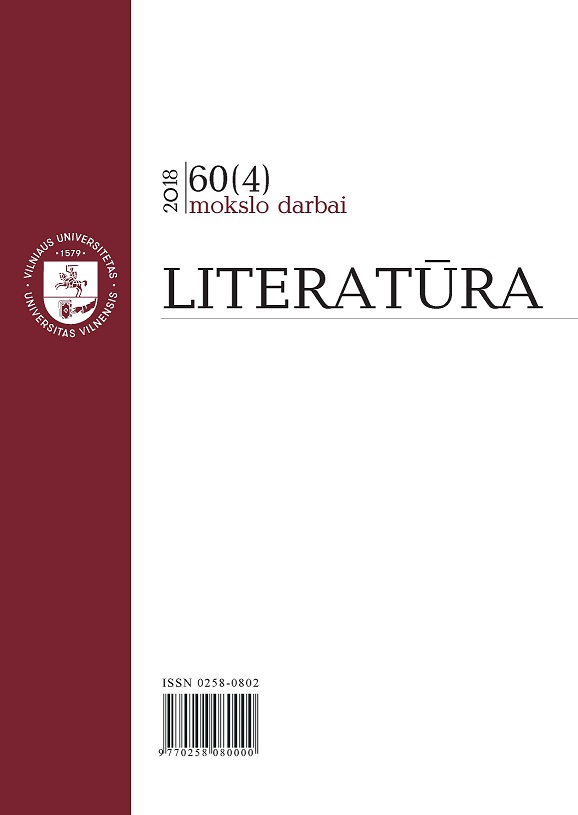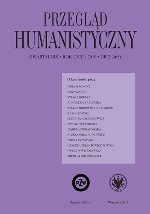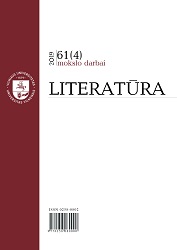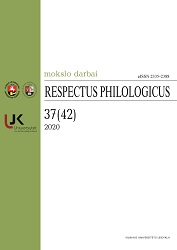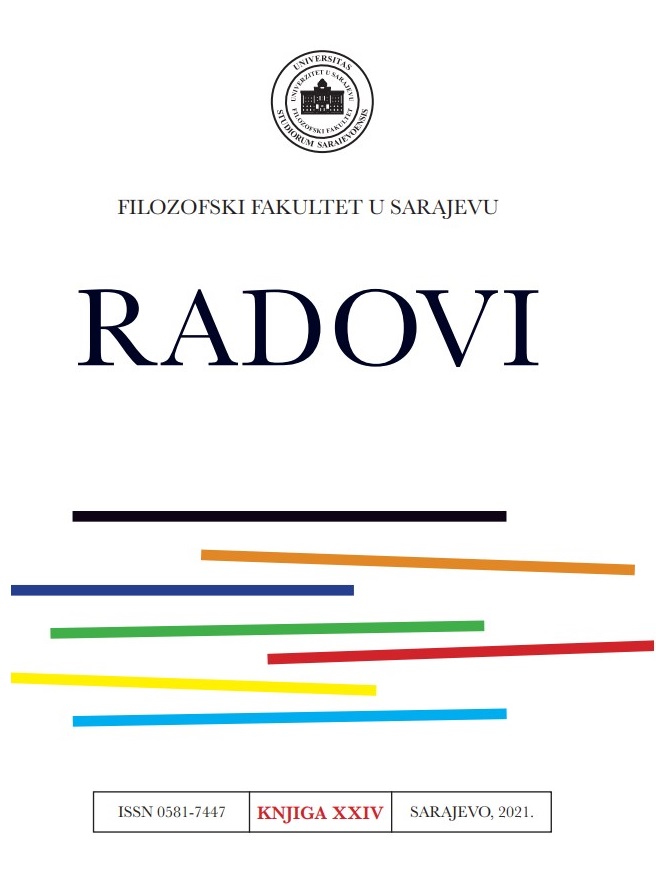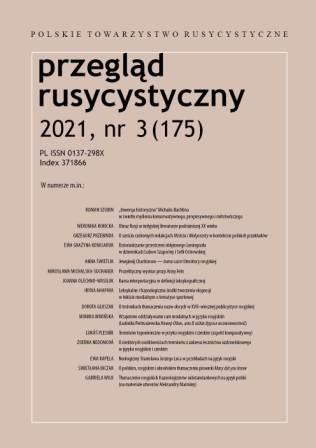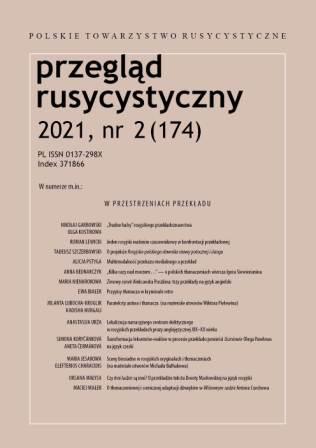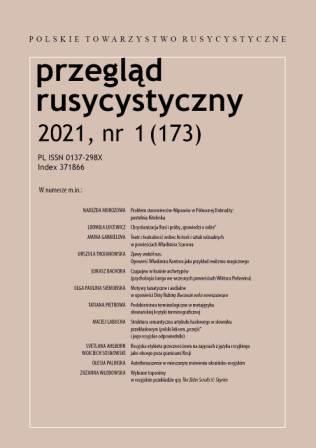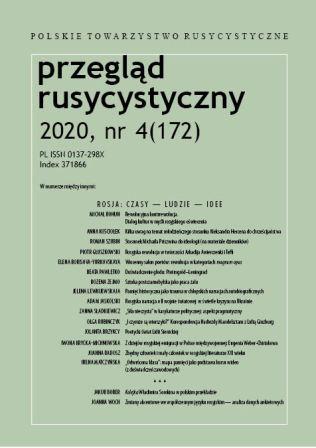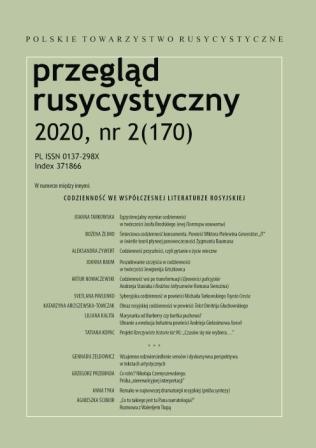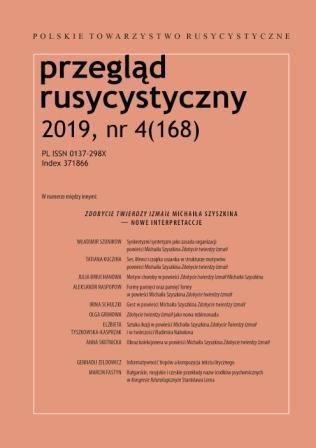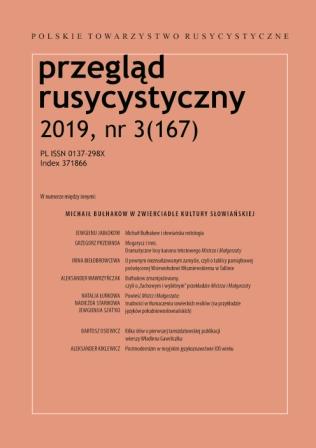Славянофильский подтекст романа А. Платонова «Чевенгур»
The article discusses the philosophic Platonov’s novel "Chevengur" and analyzes the position of this writer as the successor to Slavophiles, since Slavophile views in the novel are presented in various contexts whose logical connection is different. Like Slavophiles, A. Platonov seeks to reveal the objective essence of the world, combining nature and spirituality. The writer's worldview contacts Slavophilic views in his efforts to distinguish between the Russian type of the fugitive of the truth, which accumulated the faith "as a power of mind" (A. Chomiakov). In the novel Chevengur A. Platonov portrayed various manifestations of the national character and developed a generalized image of the Russian Orthodox Church. The author of the article assumes that the concept of the unique spiritual concept of the Russian people and culture mission can be described, albeit not fully, by the creative philosophy of Platonov.
More...
